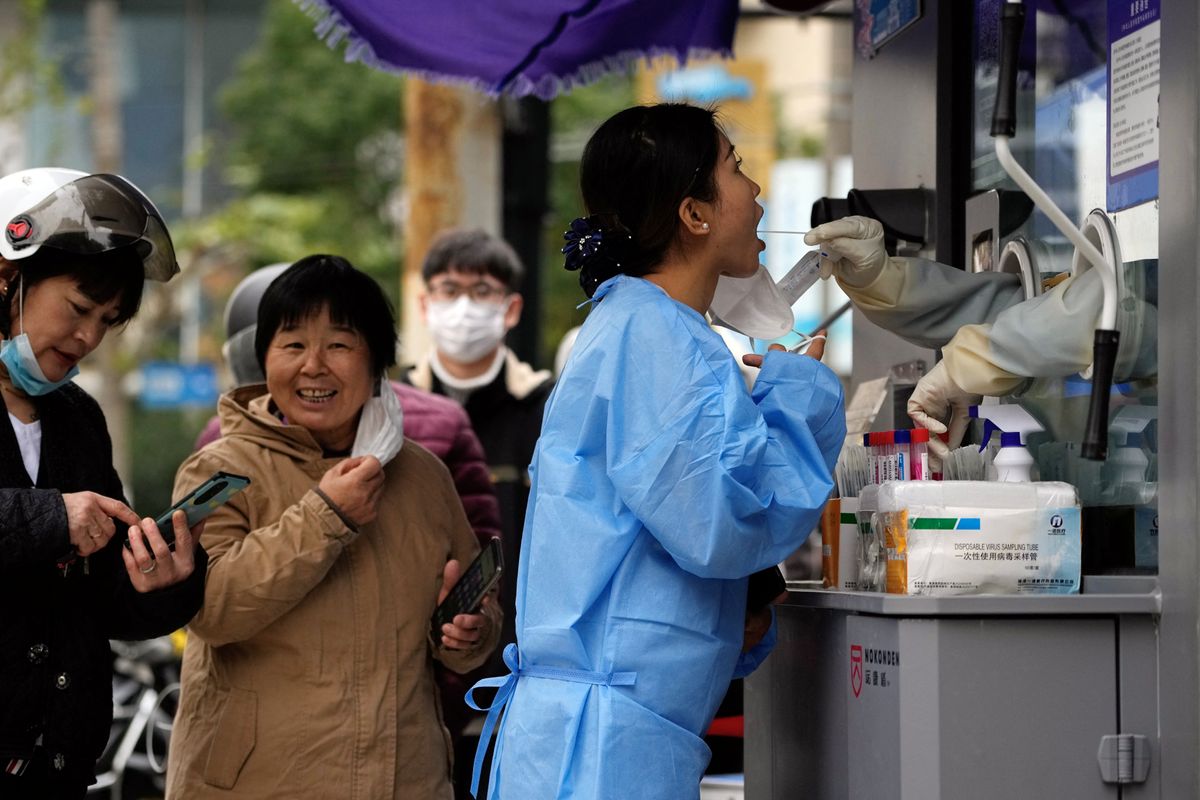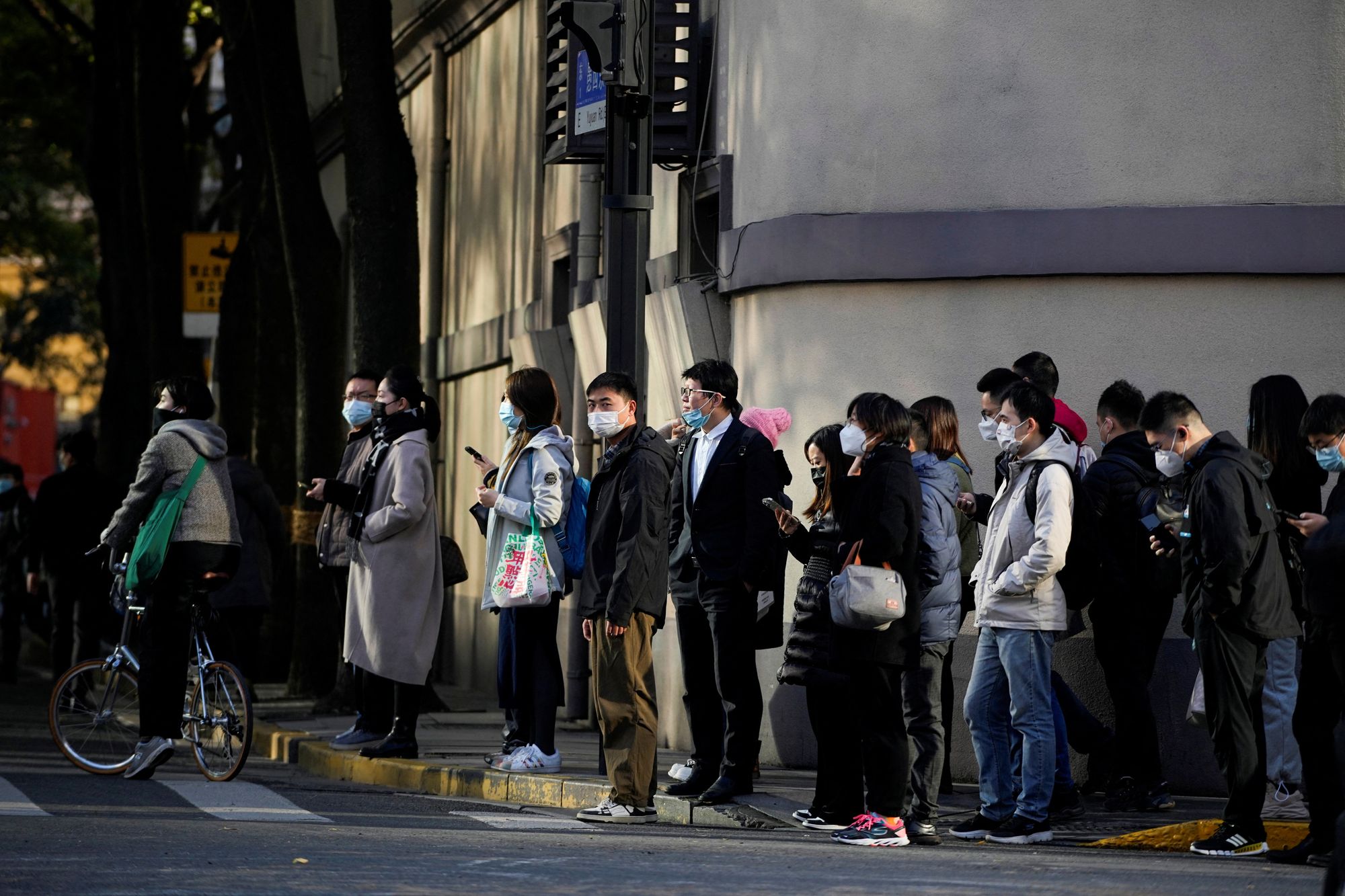China is pivoting its approach to COVID
In a major pivot, China's National Health Commission announced a wide range of new rollbacks in curbs on Wednesday.

A few minutes every morning is all you need.
Stay up to date on the world's Headlines and Human Stories. It's fun, it's factual, it's fluff-free.
While most of the world has been scaling down or entirely removing their COVID curbs, China has kept up its controls, sticking to its zero-Covid policy. But even with all of these rules, COVID is stubbornly sticking around. In fact, mainland China has been grappling with its biggest wave of infections (between 25,000-35,000 cases per day since the start of December).

The policy has led to financial strains on local governments, wider economic trouble and social unrest. Over the past week, we've seen local governments in major Chinese cities begin rolling back some of these rules. For example, people who have caught COVID can self-isolate at home instead of at a government facility.
In a major pivot, China's National Health Commission announced a wide range of new rollbacks in curbs on Wednesday. They include
- Lateral flow tests replacing PCR testing in most situations places
- Lockdowns are now a bit more targeted, for example, only being placed on specific locations (buildings, floors or units instead of entire neighborhoods),
- Lockdowns are only five days if no new cases are found, and schools can stay open as long as there isn't a major COVID outbreak.
- Travel within China doesn't require negative test results anymore, either.
- China is still looking to increase vaccination rates.
Key Comments:
"This is and has been an extremely difficult 'epidemic' battle … In the past three years, the virus has weakened, and we have become stronger," wrote Xinhua news agency, the mouthpiece for the Chinese government, on Wednesday.
"Finally! I will no longer worry about getting infected or being taken away as a close contact," said one user on Chinese social media.
"We don't know if the true restrictions, or the 'return to normal' can happen, actually, within the next six months, because we can see that for the smaller cities, for example. like Taiyuan and Xi'an, their changes within the Covid restrictions are still very much behind what's going on in Beijing and Shanghai," said Dan Wang, Shanghai-based chief economist at Hang Seng China, to CNBC.
"All localities should adhere to .... focus on improving the vaccination rate of people aged 60-79, accelerating the vaccination rate of people aged 80 and above, and making special arrangements," the National Health Commission also said on Wednesday.




Comments ()